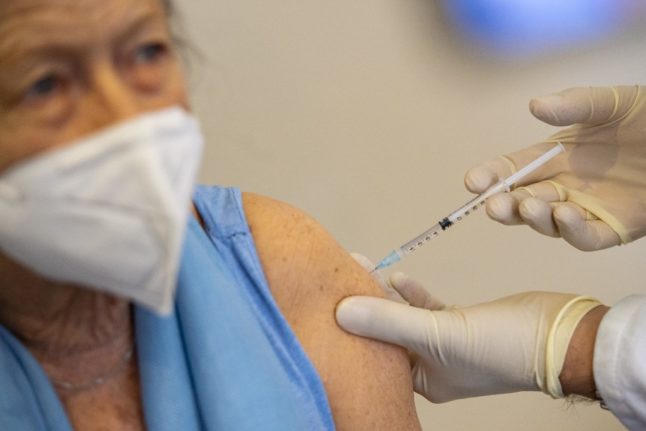Germany’s state premiers had requested the German public health body’s analysis of when and if including vaccinated people in testing concepts “may become obsolete”.
READ ALSO: EXPLAINED: Why has Germany restricted the use of AstraZeneca in under 60s?
The RKI report was sent to the federal states yesterday, the paper reported.
Bild am Sonntag had sight of the RKI report sent to Spahn’s department, which said, “According to the current state of knowledge, from the 15th day after the second vaccination dose at the latest, the risk of virus transmission by a person who has been fully vaccinated is less than that of a negative rapid antigen test in an asymptomatic infected person.”
READ ALSO: GPs in Germany call for vaccines to be given according to health not age
“Anyone who has been fully vaccinated can in future be treated like someone who has tested negative,” Spahn added.
“We will now put these findings into practice in discussions with the federal states in a timely manner,” the CDU minister said.
According to the Sunday newspaper, the regulation is set to be implemented in the coming weeks when proof of vaccination may be enough to make a hotel booking, for example.
However, it is not yet clear whether this also applies to people who have recovered from Covid-19.
READ ALSO: Europe’s slow vaccine rollout is ‘prolonging the pandemic’ as infections surge
As of 1st April, just 11.6 percent of the German population have received a first jab, while 5 percent have received both doses, according to the latest RKI data.



 Please whitelist us to continue reading.
Please whitelist us to continue reading.
Member comments